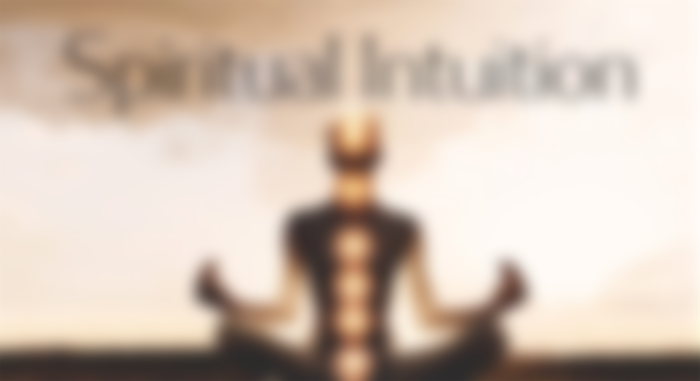The Mystery of Intuition
What is intuition? Does intuition mean the same to everyone? Sometimes we get a feeling. or something suddenly pops up in our minds. And what we experience becomes real. Is this intuition? Or is it just a coincidence? Sounds a little scary. Preliminary information. This is an extensible feature. A person can strengthen his intuition with a little effort.

Intuition has always been the subject of heated debate in various fields of knowledge. It has come to the fore in many political decisions and scientific discoveries too many to count. However, when we solve a problem with our intuition, it is explained to most people simply as a flash in our minds or as a series of random coincidences.
Often, intuition is revealed under a veil of secrecy. This is because it is a type of perception that allows us to access information, but we do not know how it came to be. Intuition allows us to notice something we didn't notice before. It even allows us to become aware of things that we know but have forgotten, and that we are not consciously aware of.
Everyone experiences intuitive understanding at some point in their life. Most of the time, we dismiss it because we believe it lacks logic. On the other hand, although there is no exact definition for intuition, that doesn't mean it doesn't exist.
In a way, intuition is the direct perception of truth. It is independent of any logical explanation. This knowledge is expressed without knowing that we know it. It requires a balanced combination of brain and heart.

We can do what our intuition tells us, and in the process of experiencing, from trial and error, we often learn to act intuitively. Exploring silence is vital as we try to communicate with ourselves for the flow of our intuitive mind.Intuition enables us to understand exaltation and sometimes reveals the path we should follow. It allows us to recognize, learn and experience truth to find the true meaning of everything and understand the vast nature of the mind. If we want to develop our intuition, we must train our attention.
The strangeness of intuition goes beyond reason without going against it. Of course, it does not replace it, but complements it and sometimes precedes it. We attach ourselves to the creator and he takes us beyond the known limits. At the same time, we cannot confine it to the logical or irrational world.
Obviously, there are factors that hinder or contribute to the development of intuition. For example, indecision, logic, fear of making mistakes, lack of confidence and lack of self-appreciation inhibit intuition. On the other hand, it contributes to action, attention, calmness, open mind, perception and learning.
There are situations where a decision needs to be made immediately. At such times, the memories stored in our memory activate in our minds and establish a direct relationship with what we need to solve. These memories are emotional and relate to the right and wrong of our past. Of course, these memories will determine the decisions we make in the present.For example, when we are presented with a job offer. Our brains turn to all stored work experiences and we choose the option we think is most appropriate. The development of this sequence takes place consciously. Therefore, we can explain the reasons that led us to this decision.

However, there are cases where this decision is also made subconsciously. If the result is positive, it is claimed to be the product of intuition and we cannot explain why we know it is the right path. In this context, intuition is a kind of inside voice and is not formed through consciousness or reasoning. But it is related to our past experiences and our feelings about them.Studies developed by professionals from different fields at the end of the last century yielded interesting results. For example, those who have more time to practice their profession are mostly found to be intuitive. The most surprising thing is that their intuitions are rarely wrong. This is also the case with doctors who say they have a “clinical eye”.Of course, more experience gives us a greater probability of success without requiring too much causation. Some people believe that being intuitively correct is a rare chance. The answer is no. The experiences we permanently include in our subconscious are things that sharpen our intuition. It's not a coincidence, it's just another way to get the right results.Our past experiences associated with an emotion are what influence our intuitive decisions.


